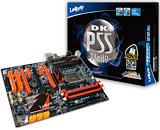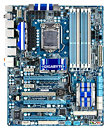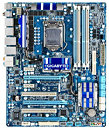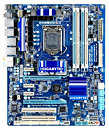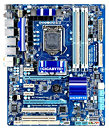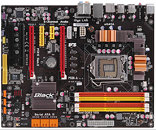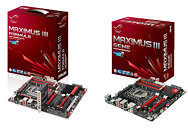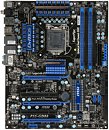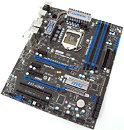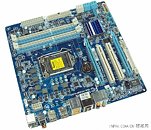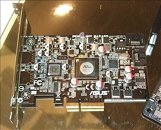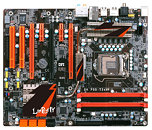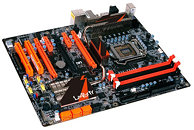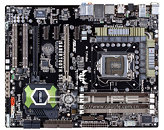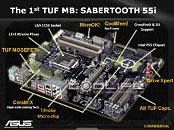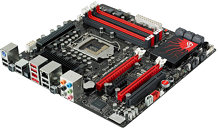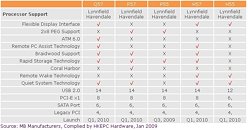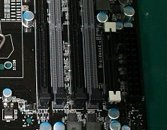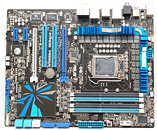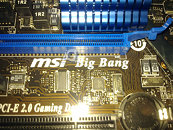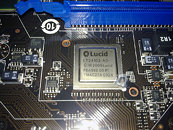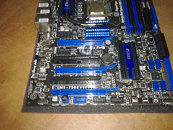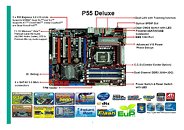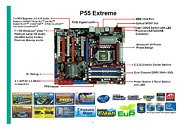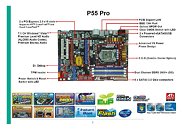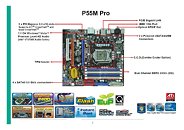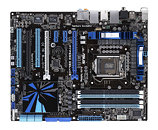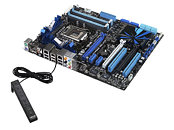
DFI Announces LANParty DK P55-T3eH9
Equipped with Industrial grade technology, DFI LANParty motherboard is always the best choice of enthusiasts in terms of performance and quality. This time, DK P55-T3eH9 does not only deliver brilliant performance, but also includes several exclusive and advanced technologies to satisfy user's needs. Accommodating Intel newest single chipset, P55, DK P55-T3eH9 comes with processor socket of LGA 1156. It also supports dual channel DDR3-1333 express memory. As for its unique features, DK P55-T3eH9 is provided with exclusive "ABS II" CPU auto upgrade technology, pioneering digital PWM of high power efficiency , as well as superior extreme cooler design. What is more, DK P55-T3eH9 adopts Creative X-Fi extreme fidelity technology and BIOSecure technology, providing marvelous audio and 100 % recovery of BIOS crash.
Using exclusive "ABS II" CPU auto upgrade technology, DK P55-T3eH9 can save around 35% budget for high degree CPU, when still rendering the same high performance. Without complicated set-up steps, CPU performance can be improved automatically as system is turned on. In addition, with the pioneering digital PWM, the power efficiency of DK P55-T3eH9 is much higher than traditional one's. By virtue of this, energy can be saved all the time. Besides, more stable power can be provided and then component lifespan can be extended.
Using exclusive "ABS II" CPU auto upgrade technology, DK P55-T3eH9 can save around 35% budget for high degree CPU, when still rendering the same high performance. Without complicated set-up steps, CPU performance can be improved automatically as system is turned on. In addition, with the pioneering digital PWM, the power efficiency of DK P55-T3eH9 is much higher than traditional one's. By virtue of this, energy can be saved all the time. Besides, more stable power can be provided and then component lifespan can be extended.
